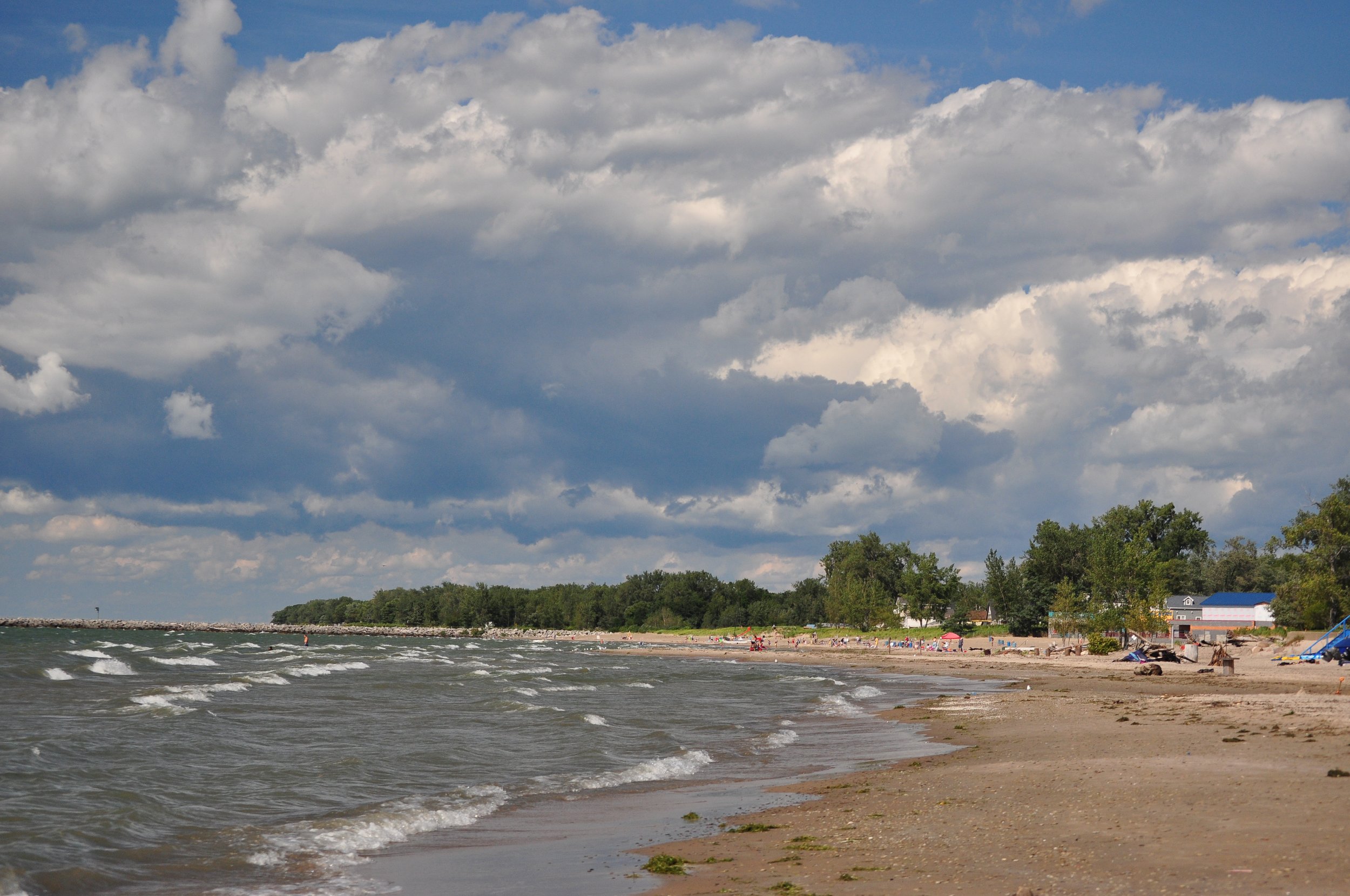
Photo provided by Ken Schultz
The challenge we face
Plastic pollution is considered the second most dangerous threat to the global environment, behind only climate change. The rough waters of Lake Erie break plastics down into microplastics, which are extremely difficult to filter out.
Lake Erie has the second highest amount of plastic particles of all the Great Lakes, and these plastics enter our drinking water and affect fish and other wildlife. Scientists are still assessing the harm to the human body.
Plastics that are not recycled or recycled improperly often are burned, thus contributing to pollution and climate change.
It’s up to us to preserve and restore a healthier earth for our children and grandchildren, because….
We are all Baykeepers!
Here’s what we can do
REDUCE
Reduce what you buy. Before you make a purchase, ask yourself if you truly need it. Avoid products that are wrapped in plastic, and seek more sustainable alternatives. And avoid single-use plastic products, like bottles of water.
REUSE
Reuse the plastic items you have whenever possible. If you’re using them, they won’t end up in the Lake.
RECYCLE
Recycle correctly, and choose to buy recycled products to close the loop.
REPAIR
Instead of buying a new item or device made with plastic, repair what you have. Often you will find videos online in a resource like youtube.com that describe and demonstrate how to make the repairs. Also, manufacturers are increasingly offering access to replacement parts and their own instruction sets to help you.
Photo provided by Ken Schultz
For example —
Use reusable cloth shopping bags.
Drink beverages from reusable containers.
Reuse plastic items.
Store food in reusable, washable containers to reduce use of plastic wrap, and use wax paper bags.
Donate returnable beverage containers to HBCC.
Purchase food items in metal or glass containers.
Recycle as much as possible, including newspapers, magazines, junk mail, envelopes, and clothing.
Buy paper or aluminum beverage cups instead of plastic ones.
Politely decline plastic straws and plastic eating utensils
Encourage renters and visitors to reduce waste and litter, and to recycle.
Pick up litter when you see it, including cigarette butts.




